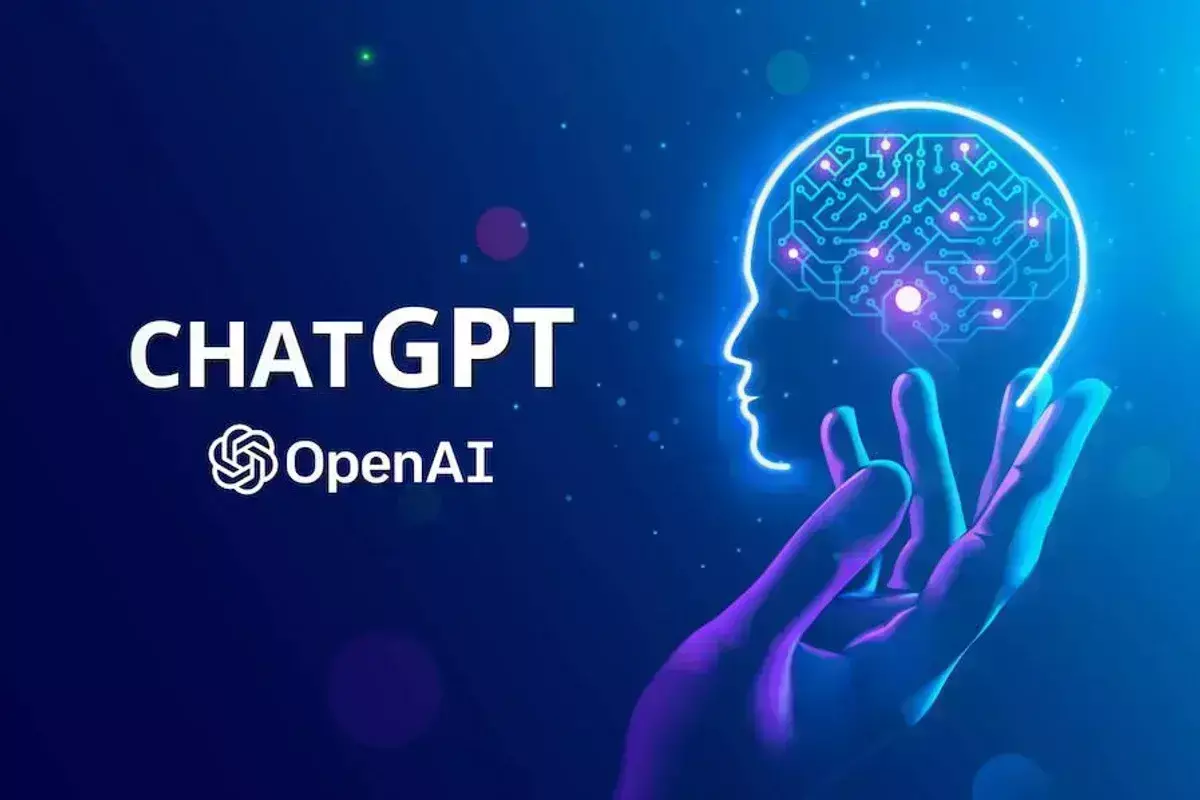- Home
- Medical news & Guidelines
- Anesthesiology
- Cardiology and CTVS
- Critical Care
- Dentistry
- Dermatology
- Diabetes and Endocrinology
- ENT
- Gastroenterology
- Medicine
- Nephrology
- Neurology
- Obstretics-Gynaecology
- Oncology
- Ophthalmology
- Orthopaedics
- Pediatrics-Neonatology
- Psychiatry
- Pulmonology
- Radiology
- Surgery
- Urology
- Laboratory Medicine
- Diet
- Nursing
- Paramedical
- Physiotherapy
- Health news
- Fact Check
- Bone Health Fact Check
- Brain Health Fact Check
- Cancer Related Fact Check
- Child Care Fact Check
- Dental and oral health fact check
- Diabetes and metabolic health fact check
- Diet and Nutrition Fact Check
- Eye and ENT Care Fact Check
- Fitness fact check
- Gut health fact check
- Heart health fact check
- Kidney health fact check
- Medical education fact check
- Men's health fact check
- Respiratory fact check
- Skin and hair care fact check
- Vaccine and Immunization fact check
- Women's health fact check
- AYUSH
- State News
- Andaman and Nicobar Islands
- Andhra Pradesh
- Arunachal Pradesh
- Assam
- Bihar
- Chandigarh
- Chattisgarh
- Dadra and Nagar Haveli
- Daman and Diu
- Delhi
- Goa
- Gujarat
- Haryana
- Himachal Pradesh
- Jammu & Kashmir
- Jharkhand
- Karnataka
- Kerala
- Ladakh
- Lakshadweep
- Madhya Pradesh
- Maharashtra
- Manipur
- Meghalaya
- Mizoram
- Nagaland
- Odisha
- Puducherry
- Punjab
- Rajasthan
- Sikkim
- Tamil Nadu
- Telangana
- Tripura
- Uttar Pradesh
- Uttrakhand
- West Bengal
- Medical Education
- Industry
Response of ChatGPT similar to findings in current literature on Lumbar spinal stenosis: Study

Rajjoub et al conducted a study to assess and compare ChatGPT's responses to the clinical questions and recommendations proposed by The 2011 North American Spine Society (NASS) Clinical Guideline for the Diagnosis and Treatment of Degenerative Lumbar Spinal Stenosis (LSS). The study has been published in ‘Global Spine Journal’.
ChatGPT is an artificial intelligence (AI) language model that utilizes deep learning to generate responses to human prompts on command. The latest version of ChatGPT (GPT-3.5) was trained on 45 terabytes of text data, including news articles, books, journals, and other sources that allow it to readily respond to a wide array of queries. Thus, the advent of ChatGPT has led to its interest in its ability to synthesize medical knowledge and make clinical decisions.
The authors explore the advantages and disadvantages of ChatGPT’s responses through an updated literature review on spinal stenosis. They prompted ChatGPT with questions from the NASS Evidence-based Clinical Guidelines for LSS and compared its generated responses with the recommendations provided by the guidelines. A review of the literature was performed via PubMed, OVID, and Cochrane on the diagnosis and treatment of lumbar spinal stenosis between January 2012 and April 2023.
Key findings of the study were:
• 14 questions proposed by the NASS guidelines for LSS were uploaded into ChatGPT and directly compared to the responses offered by NASS.
• Three questions were on the definition and history of LSS, one on diagnostic tests, seven on non surgical interventions and three on surgical interventions.
• The review process found 40 articles that were selected for inclusion that helped corroborate or contradict the responses that were generated by ChatGPT.
The authors concluded – “ChatGPT’s responses were similar to findings in the current literature on LSS. These results demonstrate the potential for implementing ChatGPT into the spine surgeon’s workplace as a means of supporting the decision-making process for LSS diagnosis and treatment. However, our narrative summary only provides a limited literature review and additional research is needed to standardize our findings as means of validating ChatGPT’s use in the clinical space.”
Further reading:
ChatGPT and its Role in the Decision-Making for the Diagnosis and Treatment of Lumbar Spinal Stenosis: A Comparative Analysis and Narrative Review
Rajjoub et al
Global Spine Journal 2024, Vol. 14(3) 998–1017
DOI: 10.1177/21925682231195783
MBBS, Dip. Ortho, DNB ortho, MNAMS
Dr Supreeth D R (MBBS, Dip. Ortho, DNB ortho, MNAMS) is a practicing orthopedician with interest in medical research and publishing articles. He completed MBBS from mysore medical college, dip ortho from Trivandrum medical college and sec. DNB from Manipal Hospital, Bengaluru. He has expirence of 7years in the field of orthopedics. He has presented scientific papers & posters in various state, national and international conferences. His interest in writing articles lead the way to join medical dialogues. He can be contacted at editorial@medicaldialogues.in.


